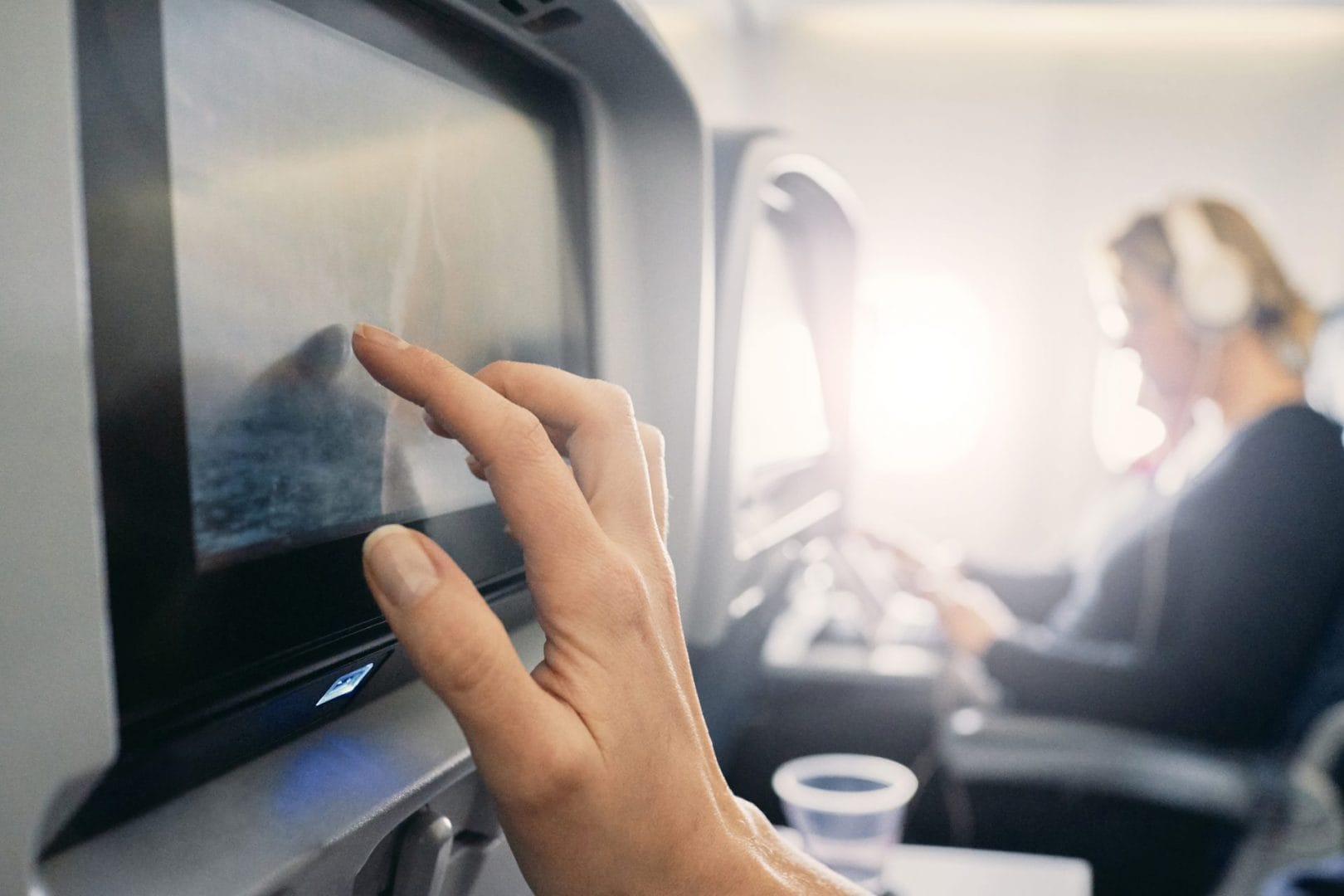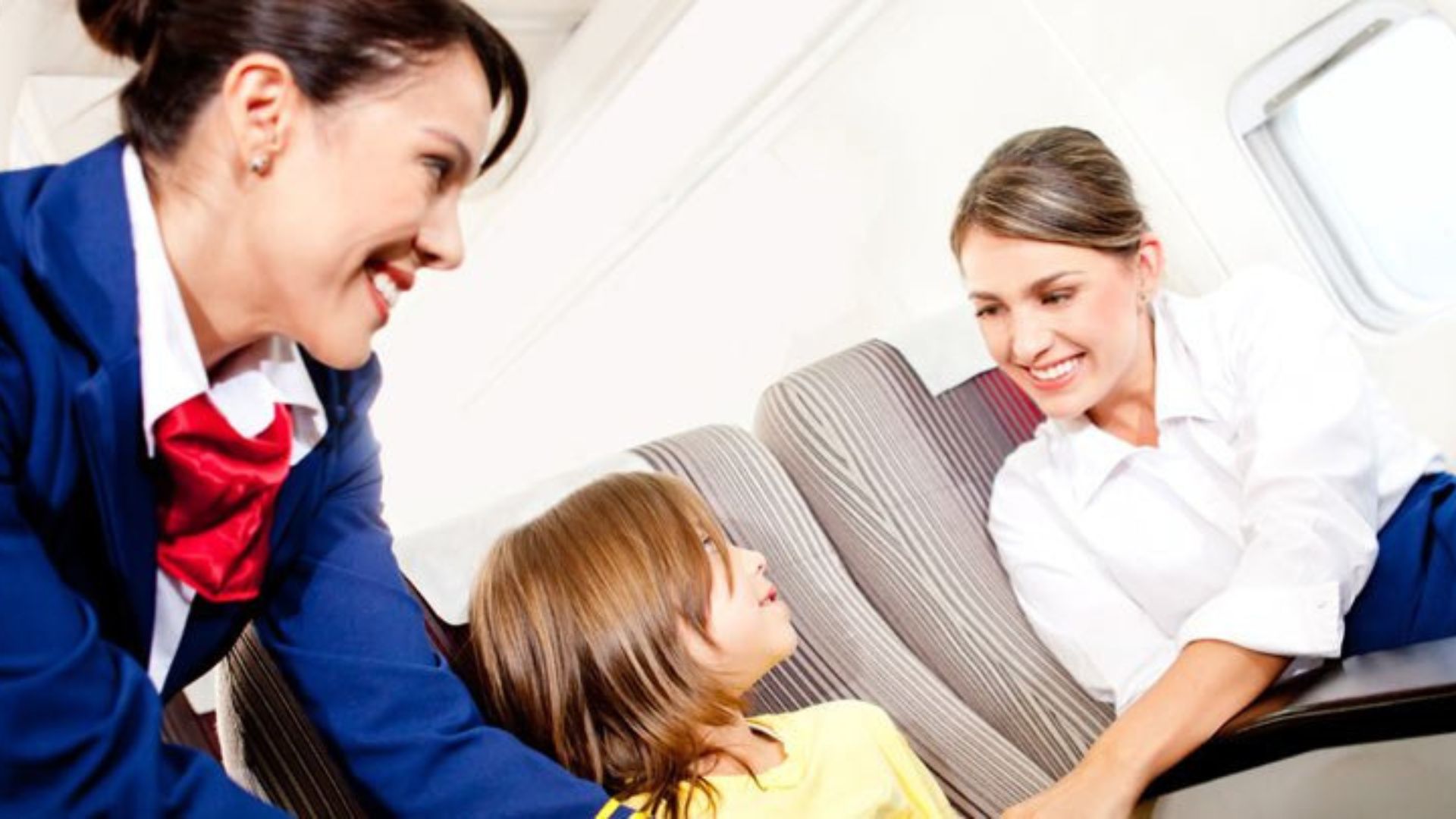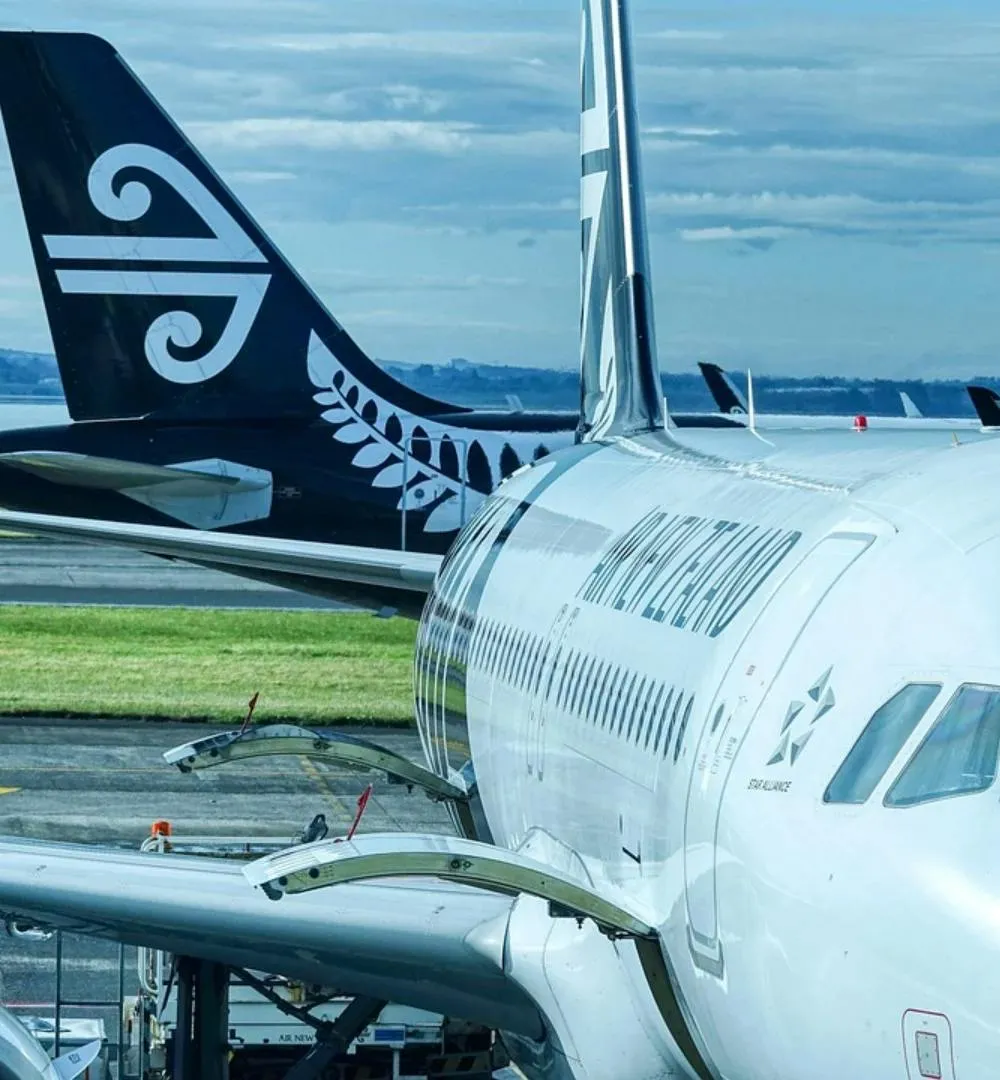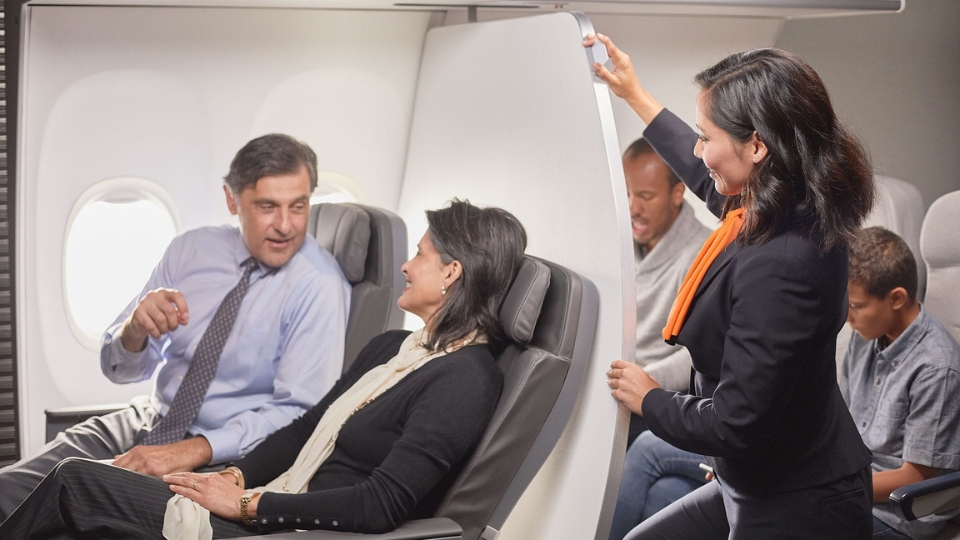Passenger loyalty is a vital component of airline success. Airlines that consistently deliver quality service foster trust, encourage repeat travel, and strengthen brand reputation. By focusing on attentive care, personalized experiences, and reliable service, airlines can transform occasional passengers into long-term advocates.
Moreover, high-quality service ensures that passengers feel valued, reducing complaints and increasing satisfaction across every touchpoint of their journey.

Building Passenger Loyalty Through Quality Service
Deliver Consistent and Reliable Service
Consistency builds trust, which is essential for loyalty. Passengers expect a reliable experience each time they fly.
-
Punctual flights: Maintaining schedules and minimizing delays shows reliability.
-
Baggage handling: Ensuring luggage arrives safely and on time prevents frustration.
-
Clear procedures: Consistent check-in, boarding, and in-flight processes reduce confusion.
-
Professional staff behavior: Courteous and attentive employees enhance the travel experience.
By delivering consistent service, airlines reinforce passenger confidence and foster repeat bookings.
Personalize Passenger Experiences
Personalization creates memorable experiences that make passengers feel recognized and valued.
-
Customized seating and meals: Allowing passengers to choose preferred seats and dietary options increases satisfaction.
-
Loyalty program rewards: Offering points, upgrades, or exclusive offers encourages continued engagement.
-
Targeted communication: Sending personalized notifications about promotions, flight updates, or special services demonstrates attentiveness.
-
Special accommodations: Supporting families, elderly travelers, or passengers with disabilities shows care and inclusivity.
Consequently, passengers are more likely to remain loyal when they feel understood and appreciated.
Communicate Effectively and Proactively
Communication is critical to building trust. Airlines that inform passengers clearly and promptly reduce stress and enhance the travel experience.
-
Flight updates: Notifying passengers about delays, cancellations, or gate changes in real time prevents frustration.
-
Transparent policies: Clearly explaining baggage rules, refunds, and fees prevents misunderstandings.
-
Accessible support channels: Providing phone, chat, email, and social media support ensures passengers can reach assistance easily.
-
Proactive problem-solving: Addressing potential issues before they escalate demonstrates commitment to passenger care.
As a result, effective communication fosters confidence and strengthens loyalty.
Focus on Comfort and In-Flight Experience
Comfortable and enjoyable flights contribute significantly to passenger satisfaction. Airlines that prioritize in-flight experiences leave lasting impressions.
-
Ergonomic seating: Providing spacious and adjustable seats enhances comfort, especially on long flights.
-
Entertainment options: Movies, music, and games keep passengers engaged.
-
Quality meals and beverages: Catering to diverse dietary needs increases passenger enjoyment.
-
Wellness amenities: Offering blankets, pillows, and kits enhances overall comfort.
Therefore, passengers associate quality service with enjoyable, stress-free flights, encouraging repeat travel.
Implement Feedback and Continuous Improvement
Listening to passengers and improving based on their feedback strengthens relationships and loyalty.
-
Collect feedback: Surveys, reviews, and direct comments reveal areas for enhancement.
-
Analyze complaints and compliments: Identifying trends helps address recurring issues.
-
Implement changes: Adjust operations, services, or amenities based on insights.
-
Communicate improvements: Inform passengers about changes made based on their input to show responsiveness.
Consequently, passengers feel heard and appreciated, which builds trust and loyalty.
Recognize and Reward Loyalty
Rewarding repeat passengers reinforces positive behavior and encourages continued engagement.
-
Frequent flyer programs: Offer points, upgrades, and exclusive benefits.
-
Personalized perks: Provide tailored rewards such as lounge access or priority boarding.
-
Special recognition: Acknowledge milestones, anniversaries, or loyalty achievements to make passengers feel valued.
-
Exclusive offers: Present discounts, early access to promotions, or special services for loyal travelers.
By recognizing loyalty, airlines demonstrate appreciation and strengthen passenger commitment.
Conclusion
Building passenger loyalty requires consistent, high-quality service, personalized experiences, effective communication, and attentive care. Airlines that invest in these areas foster trust, encourage repeat travel, and cultivate long-term relationships with their passengers.
Ultimately, loyalty is earned through thoughtful, consistent actions that make passengers feel valued and supported. By focusing on quality service at every touchpoint, airlines can ensure that passengers return, advocate for the brand, and become long-term partners in the airline’s success.















